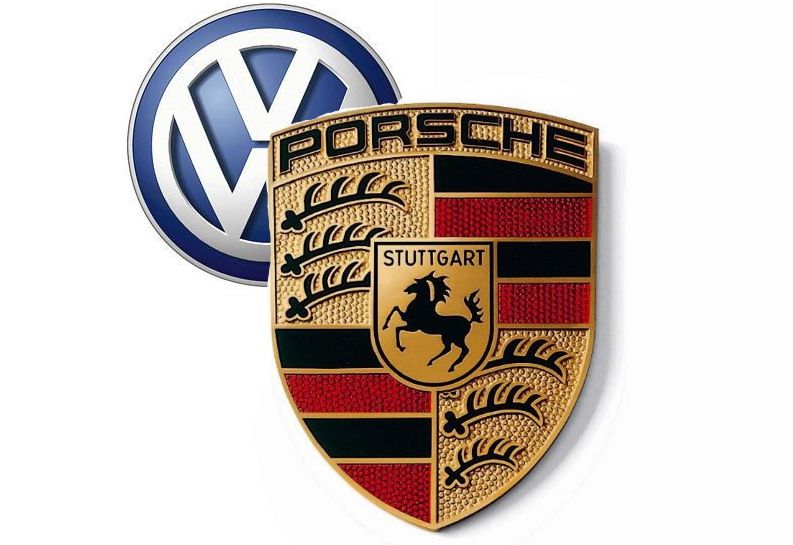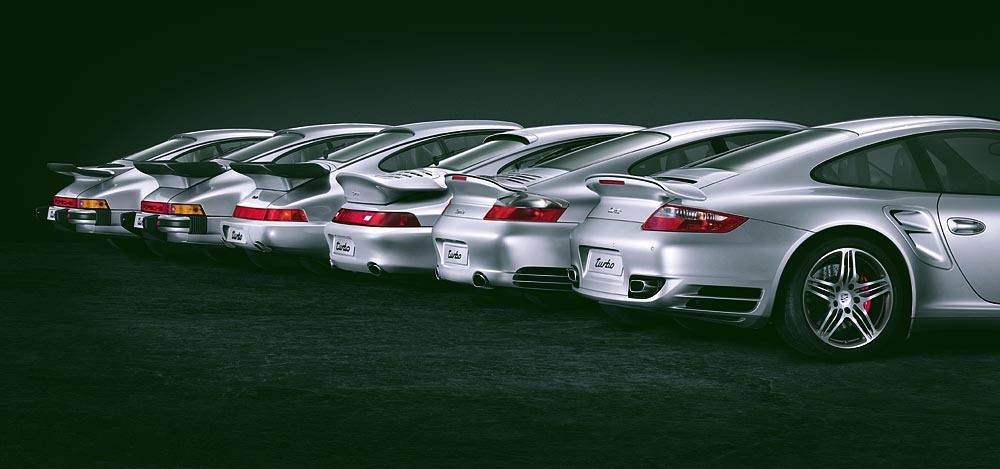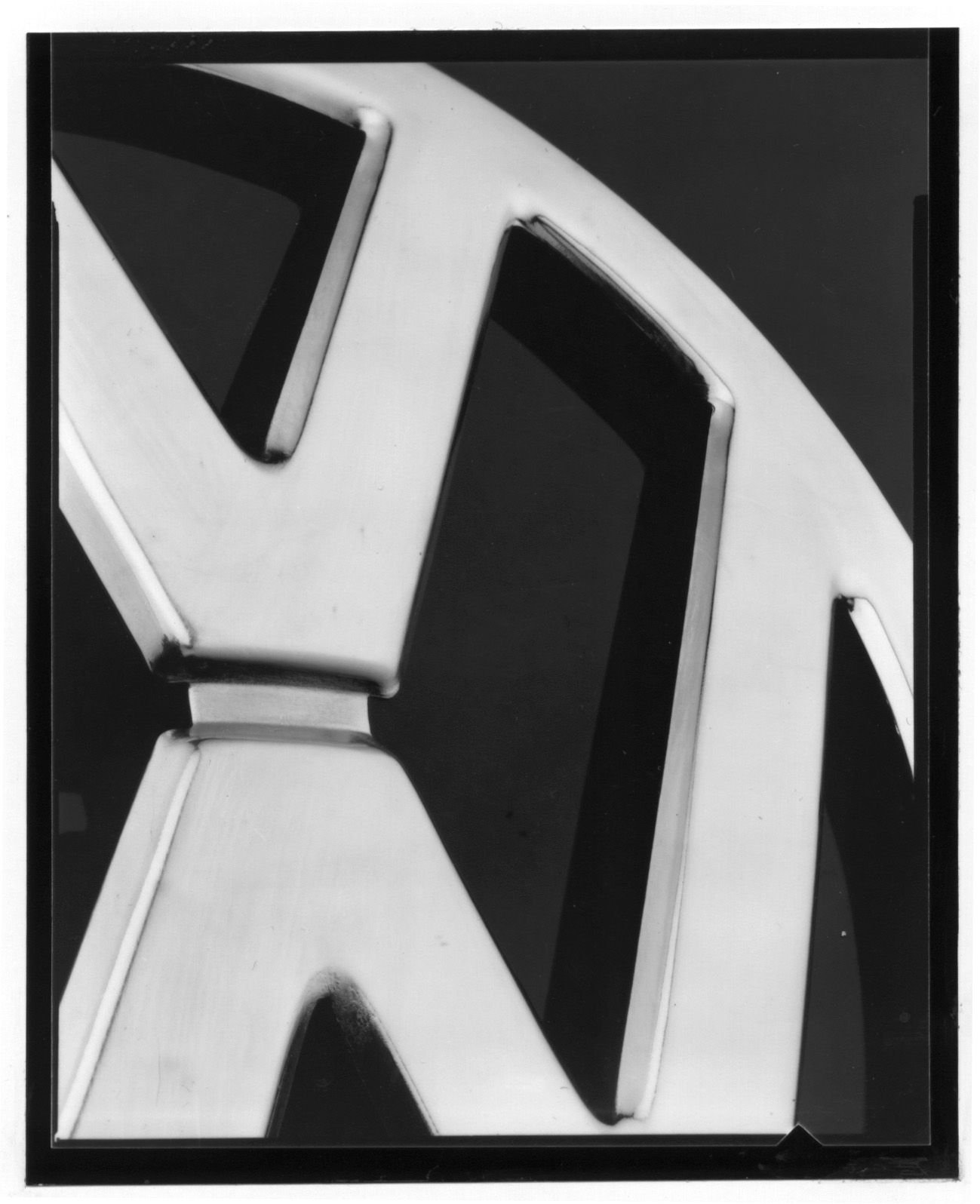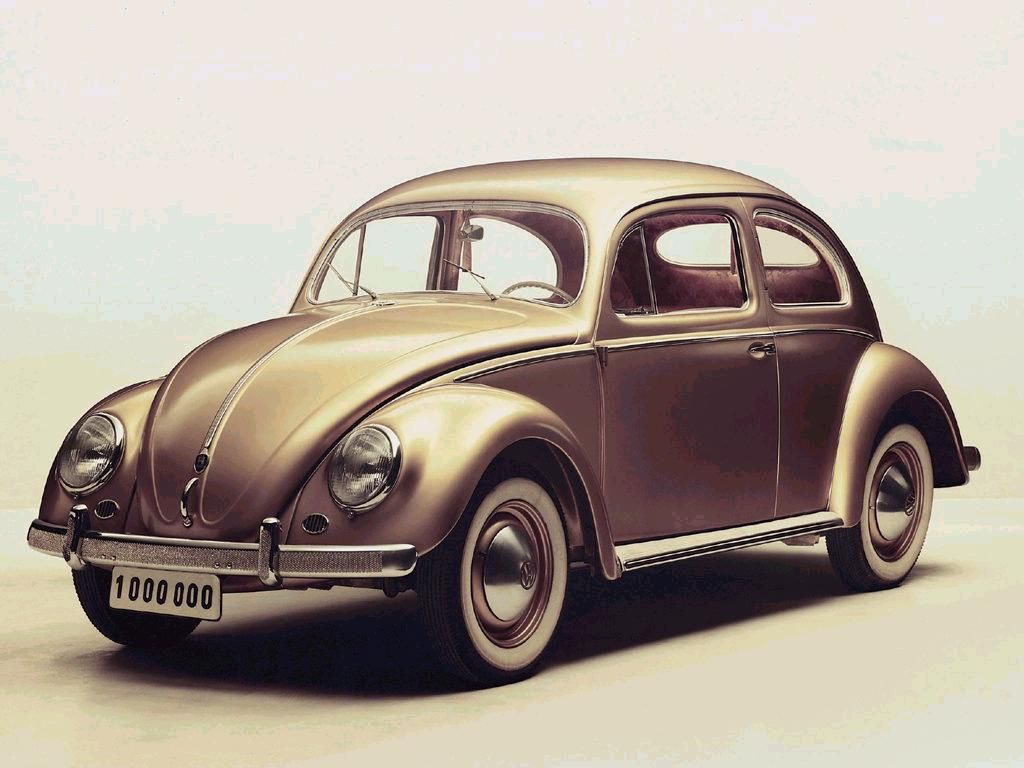At its extraordinary meeting held today, the Supervisory Board of Porsche AG authorized the Managing Board to increase the stake held in Volkswagen AG from the present 27.3 per cent to up to 31 per cent of the ordinary shares and thus to make a mandatory offer for Volkswagen. The Managing Board intends to make use of this authorization in the short term. Porsche holds an option, which is exercisable at any time, to purchase up to 3.7 per cent of the ordinary shares of VW. The mandatory offer will be made to all VW shareholders after the 30 per cent voting rights threshold is exceeded. Once this mandatory offer has been implemented, any further increases by Porsche of its stake in VW will not trigger a renewed obligation to make an offer to the remaining shareholders of the Wolfsburg-based car manufacturer. At present, it is unclear whether, when and on what terms such increases will take place.
It is proposed that only the minimum price prescribed by law will be offered as part of the mandatory offer. This is expected to amount to 100.92 Euro per VW ordinary share. For the VW preference shares the price will be the minimum price which will be calculated by the Federal Agency for Financial Services Supervision (BaFin). Porsche does not consider a premium on the minimum price to be appropriate, since the price of the VW ordinary shares has already increased by more than 100 per cent since the Stuttgart-based sports car manufacturer first acquired a stake and the price of the VW preference shares has almost quadrupled. Furthermore, the mandatory offer will not be conditional upon attainment of a minimum acceptance level (e.g. a majority interest in Volkswagen). Financing of the mandatory offer has been ensured via a credit facility arranged by ABN AMRO Bank N.V, Barclays Capital, Merrill Lynch International, UBS Limited and Commerzbank AG.
Part of the background to the increase of the stake to over 30 per cent is the expected fall of the VW Act. As a result of the opinion delivered on 13 February 2007 by the Advocate General of the European Court of Justice, in which he emphasizes the incompatibility with EU law of the limitations on voting rights contained in this Act, Porsche expects that the European Court of Justice will also hold the VW Act to be illegal so that the German Government will have to amend or repeal this Act.
In addition, a holding structure is to be implemented the principal purpose of which is to separate operational business activities from holding activities. To this end, it is proposed to hive down the operational business of Porsche AG into a wholly-owned subsidiary under the provisions of the German Conversion Act. This company will then continue the current business operations of the sports car manufacturer under the existing company name Dr. Ing. h.c. F. Porsche AG. A domination and profit transfer agreement is to be concluded between the future holding company and the operational subsidiary. The Managing Board of Porsche has, in this context, made it clear: Porsche will remain Porsche. Nothing will change with regard to the structure of the plants, the suppliers, the production and development partners, the dealers and the other partners. The existing business and legal relationships will remain unaffected by the transaction. As a result of the hive-down, the areas of responsibility of the management will in future be divided between the holding activities on the one hand and the development, production and sale of premium sports vehicles in Dr. Ing. h.c. F. Porsche AG on the other.
It is also proposed that the company, which will then be operating as a holding company, will be converted into a European stock corporation – “Societas Europaea (SE)”. An SE is a modern and internationally oriented corporate form which, inter alia, enables the size of the Supervisory Board (twelve members), which has proved its worth in the past, to be maintained for the future. The operational company will continue to have its seat in Stuttgart, and the new holding company will also be located in the Greater Stuttgart area. The decisions on the hive-down, the conversion and the domination and profit transfer agreement are to be taken at an Extraordinary General Meeting, which is expected to take place in June.
Porsche has traditionally had a close relationship with Volkswagen. The first bestseller of VW, the beetle, was based on a development by the founder of Porsche. Many joint projects, such as the 914, the 924 and the 944, and also a joint sales company in the period between 1969 and 1974, were propitious business decisions which proved successful in the market. The results of numerous development services provided by the sports car manufacturer to Volkswagen are nowadays a standard feature in vehicles of the Wolfsburg-based group. The pinnacle of success can be seen in the current off-road models Cayenne and Touareg. The platform has now also been adopted by Volkswagen’s subsidiary Audi for its Q7.
In the meantime, further joint projects have been initiated: a hybrid engine which is to come on the market in the course of the current decade, a joint electronics platform, a cooperation with regard to the building of the body shell for the new four-door Gran Turismo Panamera and further projects aimed at optimizing consumption and at safety technology.
Porsche is firmly convinced that a closer bond with VW through an increase of the stake to more than 30 per cent of the Volkswagen ordinary shares will produce benefits for both partners without diluting or indeed endangering the identity of Porsche. Quite the contrary: Porsche will perform its economic and social role even more strongly.
The Managing Board of the sports car manufacturer regards the proposed increase of the stake in VW group as a logical step to enable it to meet the global challenges in the highly competitive automobile market even better. It is firmly convinced that the technical and strategic collaboration between Porsche and Volkswagen produces benefits for both partners. This particularly applies in light of the pressure to rationalize and consolidate in the global automobile industry as a result of the increasing international competition, especially from the up-and-coming automobile nations Japan, China (now the second largest automobile producer in the world), India, Malaysia, Russia and others. Cooperations and alliances are not uncommon even today, but in the not-too-distant future they will be a part of everyday life. Both Porsche and Volkswagen will be prepared for this. Based on the experience of their collaboration to date, both partners will be able to return a positive verdict.
The automobile industry plays a key role in Germany: it creates a large part of the wealth and it must, more than ever, position itself for the future. Porsche intends to contribute to the success of this industry.




